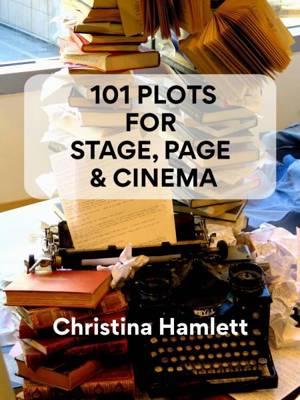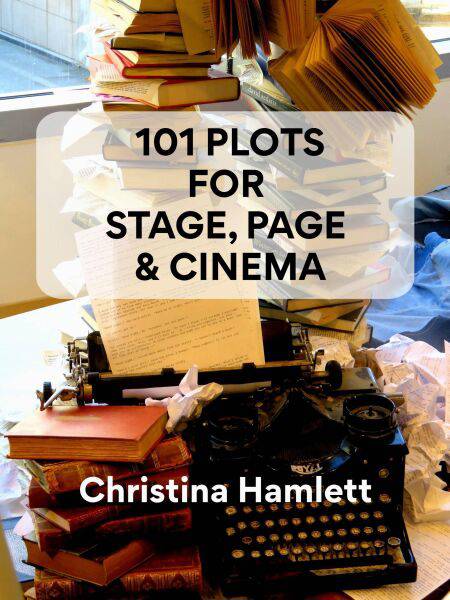
- Retrait gratuit dans votre magasin Club
- 7.000.000 titres dans notre catalogue
- Payer en toute sécurité
- Toujours un magasin près de chez vous
- Retrait gratuit dans votre magasin Club
- 7.000.0000 titres dans notre catalogue
- Payer en toute sécurité
- Toujours un magasin près de chez vous
Description
A Must-Have Resource for Novelists, Playwrights and Screenwriters Who Sometimes Worry That Their Brainboxes Are Running On Empty.
Years ago a coworker told me he had always wanted to write a book. "So why haven't you started?" I asked. A legitimate question. He was in his 60s and seemed to have a lot of free time.
A weary shrug prefaced his reply. "All the best plots have already been taken."
He was surprised I agreed with him, as are countless attendees at my speaking engagements when I tell them there really is nothing new under the sun. Any plot that you can name—no matter how seemingly inventive—can trace its origins to mythology, folk tales, the Bible, human history and William Shakespeare. The recycling of tried and true themes of reward, revenge, escape, romance, rivalries, plagues and mistaken identities is not likely to fall by the wayside any time soon. Nor should it, for it's these reinventions of pre-existing material which enable us to expand our mental margins.
The plots themselves may not be new but what keeps us imagining that they are is the unique voice which every writer brings to the table.
This book not only provides aspiring wordsmiths with 101 freebie ideas to develop but also inspires them to:identify whether an idea is best suited to be a book, stage play, or movie; recycle a core idea based on reward/revenge/escape themes and variations in genre; determine whether the idea should be an inciting incident, a resolution or something in-between; and hone one's skills of observation and psychology in story-rich venues they encounter every day of their lives.
These brainstorming ideas derive from 40+ years in publishing and the performing arts, as well as creative writing workshops, distance learning classes and my work as a script consultant for stage and screen. The content also has application to the academic world by offering teachers plenty of material for lively lesson plans and group projects.
Spécifications
Parties prenantes
- Auteur(s) :
- Editeur:
Contenu
- Langue:
- Anglais
Caractéristiques
- EAN:
- 9781393740681
- Date de parution :
- 20-11-20
- Format:
- Ebook
- Protection digitale:
- /
- Format numérique:
- ePub

Les avis
Nous publions uniquement les avis qui respectent les conditions requises. Consultez nos conditions pour les avis.






